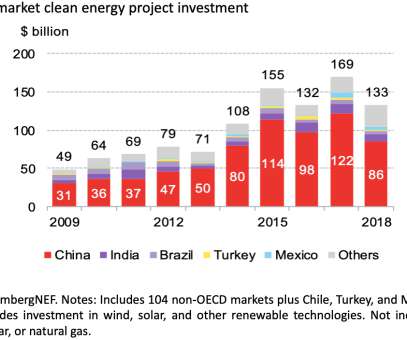Boeing, South African Airways and Mango celebrate Africa’s 1st commercial flights with sustainable aviation biofuel from tobacco
Green Car Congress
JULY 15, 2016
In 2013, Boeing and SAA launched their sustainable aviation fuels collaboration and in 2014, Project Solaris became the first focus project that converted oil from the Solaris plant seed into bio-jet fuel. Sunchem holds the exclusive rights for an international industrial patent named “Solaris Seed Tobacco”. Sunchem and Solaris.












Let's personalize your content